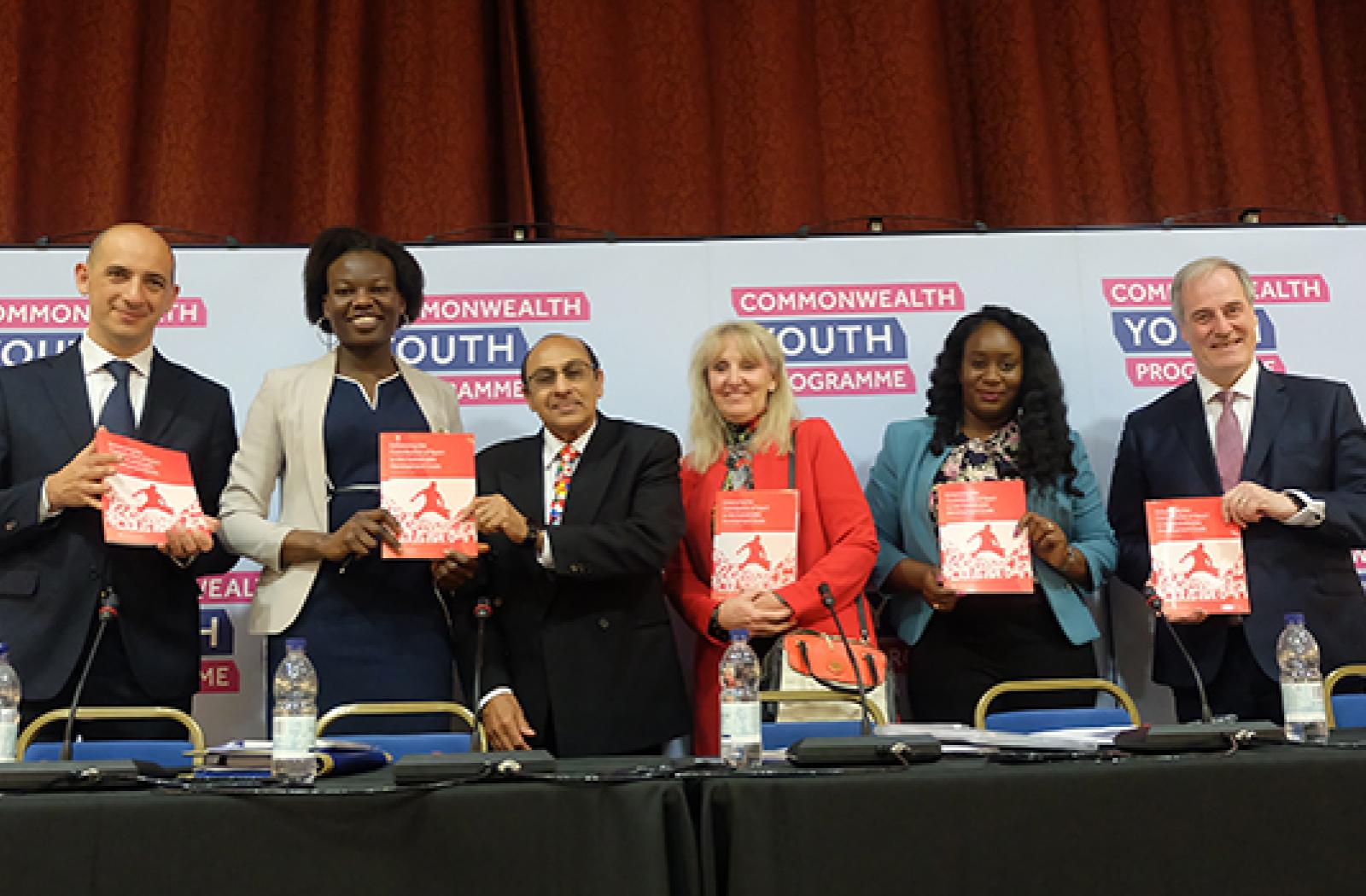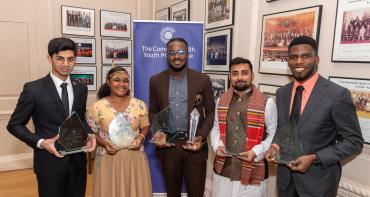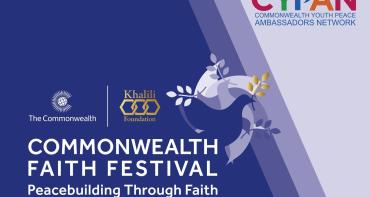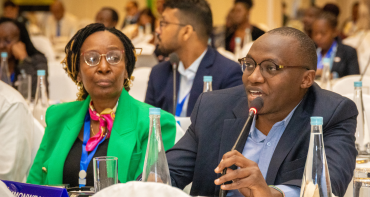Corruption in elite sport undermines grassroots efforts to transform lives and livelihoods, argued experts during the Second Commonwealth Debate on Sport and Sustainable Development.

Corruption in elite sport undermines grassroots efforts to transform lives and livelihoods, argued experts during the Second Commonwealth Debate on Sport and Sustainable Development.
A culture of corruption manifests in matchfixing, doping, theft and misallocation of resources, patronage in recruitment and selection, and even abuse, warned the panellists. It leads to demotivated athletes, reduced funding, a loss of trust and, at worst, broken lives.
“Trust is hard to gain but easy to lose and, once lost, can never be regained,” said Peace Proscovia, captain of Uganda’s national netball team. “Corruption destroys the reputation of individuals, both athletes and administrators, and of sport itself.”
Listen to the debate:
Regardless of corruption, I still think we should never lose hope in promoting grassroots community sport participation.#commonwealthtalks https://t.co/NKkykrjs5r
— Alvin Ma (@alvinema) April 1, 2017
Ms Proscovia and her fellow panellists spoke movingly of the impact of a lack of transparency and poor governance and accountability at the highest levels of sport on community sports initiatives.
“This is so alarming, because sport is intended to bring communities together and is one of the tools which can be used to promote peace and sustainable development.” It runs counter to sport’s purpose in instilling “values of integrity and fair play,” she said.
The panel discussion was convened on 2017 International Day of Sport for Development and Peace by the Commonwealth Secretariat and hosted by the Australian High Commission in London.
The panellists were:
· Mark Cutajar (Malta) - CEO, Sport Malta
· Peace Proscovia (Uganda) - Captain of the Ugandan Netball Team
· K.A. Juman-Yassin (Guyana) - Vice President (Americas), Commonwealth Games Federation
· The Rt Hon. the Lord Bates (United Kingdom) - Minister of State at the Department for International Development
· Professor Cora Burnett (South Africa) – Director of the University of Johannesburg Olympic Studies Centre
· Janine Thornhill (Trinidad and Tobago) – Chair, Commonwealth Youth Sport for Development and Peace (CYSDP) Network
Commonwealth Secretary-General Patricia Scotland presented the panellists with a new report from the Commonwealth Secretariat, Enhancing the Contribution of Sport to the Sustainable Development Goals. The publication offers policy options for countries to achieve global targets in health, education, social inclusion and gender equality through sport.
Both the publication and the debate draw together “two important strands of Commonwealth collaboration,” the Secretary-General said. “The first is enhancing the contribution sport can make to advancing sustainable development and the second is the critical priority of tackling corruption and building integrity.”
Sport is an ‘important enabler of sustainable development’ in the global #SDGs framework. #commonwealthtalks #IDSDP2017
— Anael Bodwell (@AnaelBodwell) April 6, 2017
Additional speakers included Australia’s Deputy High Commissioner to the UK Matt Anderson, Commonwealth Deputy Secretary-General Deodat Maharaj, and Commonwealth Games Federation President Louise Martin.
"It was fitting that on International Day of Sport for Development and Peace the Debate delivered a strong message about the potential of sport as a development tool at community and grass roots levels alongside a call for greater efforts to combat corruption in sport. This message underscored the need for governments and sporting organisations alike to further invest in the use of sport as a community development tool while also working to protect and promote the integrity of sport at all levels," said Oliver Dudfield, Head of Sport for Development and Peace at the Commonwealth Secretariat.
The packed audience included international sports administrators and policy experts from Commonwealth countries. It was broadcast live around the globe and included contributions from young people via Facebook and Twitter. Follow the debate on Twitter at #CommonwealthTalks



